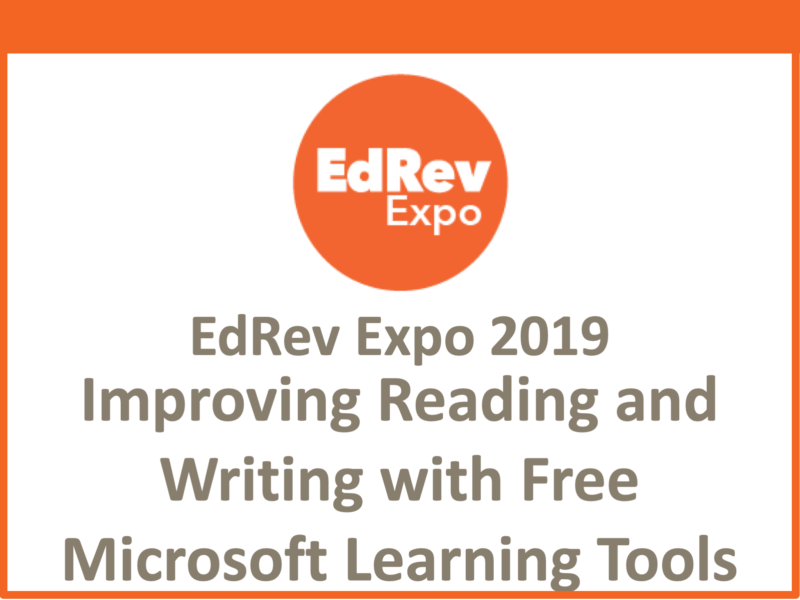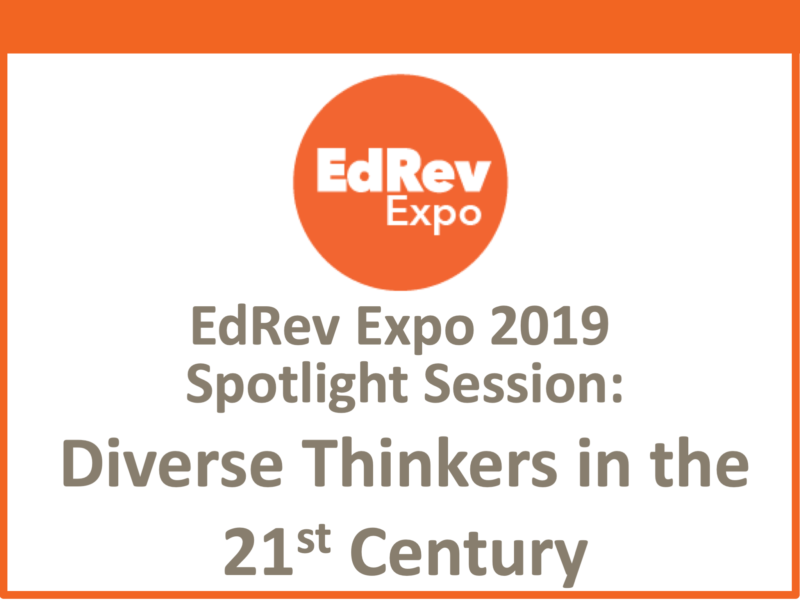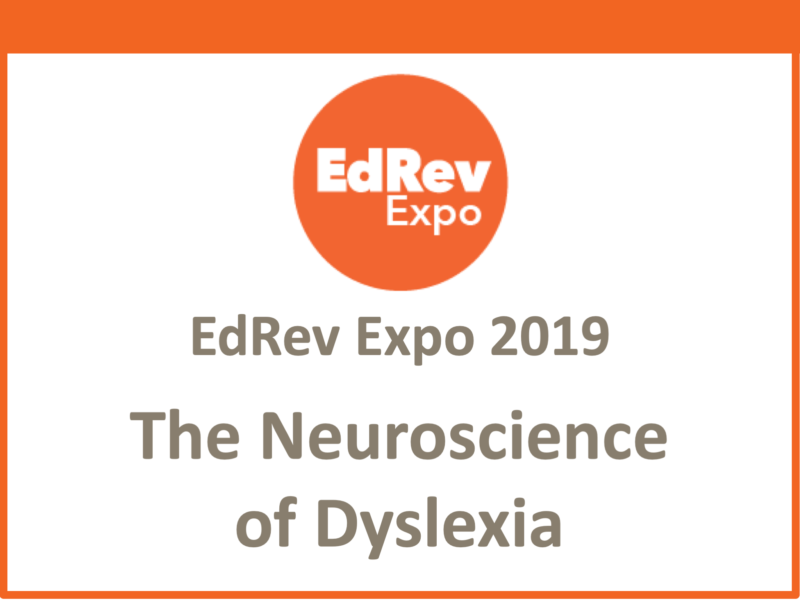
Did you know Microsoft has created free, accessible AT to support students who struggle with reading and writing? Presenter Keri Chismar showcases how these learning tools can be used to support classroom engagement of reading and writing for users with Read more >>











